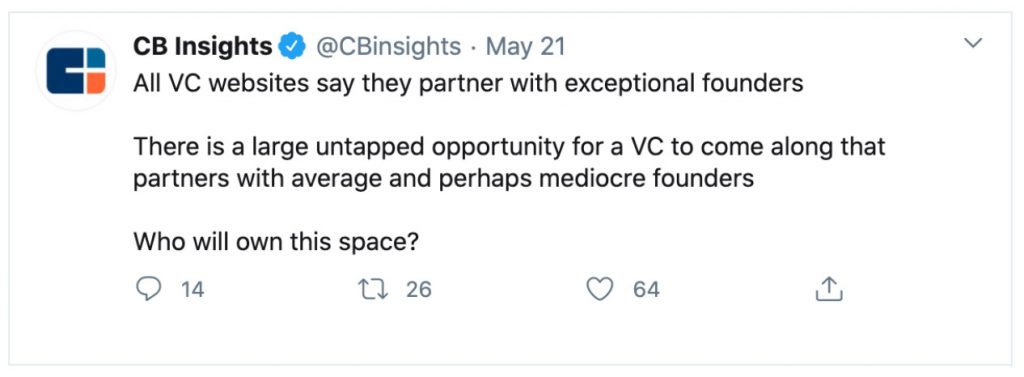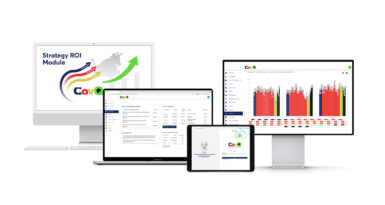
It has been for some time that people are being assessed in many ways, but how ‘clever’ companies are, has not been on the radar screen of any of us.
For many years, numerous tools have been applied to assess and measure individuals; indeed, Charles Darwin was the inspiration behind Sir Francis Galton who led the creation of psychometrics. The probably most popular personality test, Myer-Briggs, has been taken more than 50 million times according to The Washington Post. However and once again, when it comes to understanding how ‘clever’ companies are, very few of us know even where to start – until now!
Albert Einstein considered compound interest the most powerful force in the world and for those who agree that companies’ ongoing strategic initiatives and execution are compounding keys to success and value creation, it makes sense to introduce a new way of assessment. Well, this leaves the question of how to actually approach this?
Within the world of start-ups, scale-ups and unicorns, it is accepted that nine out of ten will fail or plateau or simply do not get to the next level versus those that achieve real success. The question is with so many solid incubators, accelerators, VC’s, advisors, mentors, angel investors and consulting firms available to help – why does this low ratio exist and prevail?
The reasons may be manifold and of course it is not easy to build a business in the first place, but in the tech industry where there are for sure many bright and well-educated people, it does make you wonder!
In March this year CB Insights tweeted ‘All VC websites say they partner with exceptional founders. There is a large untapped opportunity for a VC to come along that partners with average and perhaps mediocre founders. Who will own this space?’

This tweet got one of the highest engagement rates this year. The other question to be asked is: Are founders of these companies just average or are they actually awesome, too, but just lacking the right insights, frameworks, methods and tools to deliver the full potential of their enterprises?
At this year’s annual Bits and Pretzels conference, which instead of being held adjacent and on the Octoberfest, Munich, Germany, was smartly pivoted into the global virtual space (by the way, what a great example of not wasting a crisis!) many conversations were about scaling meaningfully. It was there where thousands of start-ups, entrepreneurs, and business leaders met Oliver Kahn, three times worlds’ goalkeeper award winner and executive board member of FC Bayern Munich, who emphasized that he learned so much more from his successes than from his failures and hence put his focus and energy on the former. On the other hand, in Silicon Valley’s culture, failures are perfectly fine, even often desired and appreciated more than you would think, while of course investment meets those demonstrating vision and momentum.
So where does this all leave us again? Each company is built for a purpose and to please a maximum number of its stakeholders, whether these are founders, shareholders, employees, customers, or any social impact group desired.
In order to increase companies’ rates of success and improve the tech ecosystem as a whole, a necessary starting point is creating a window to see the problems and opportunities, then understand how companies are actually capable of dealing with it currently, executing well and exponentially adding value hence compounding. The first step is to actually assess the status quo with a view of the compound value creation capability linking Einstein’s compound interest conclusion with ongoing strategy execution. This is why CovQ, the Compound Value Creator Quotient, assessment has been developed and introduced. The results empower to identify where the next strategic initiatives will need to focus on best and chart a course of fixing, building and evolving.
It was long overdue but now is the time for everyone to get smart about their company’s IQ, aka CovQ. Everyone can take it. From there, there is only upside. Enjoy the journey of compounding and remember: CovQ.rocks. Stay tuned.




